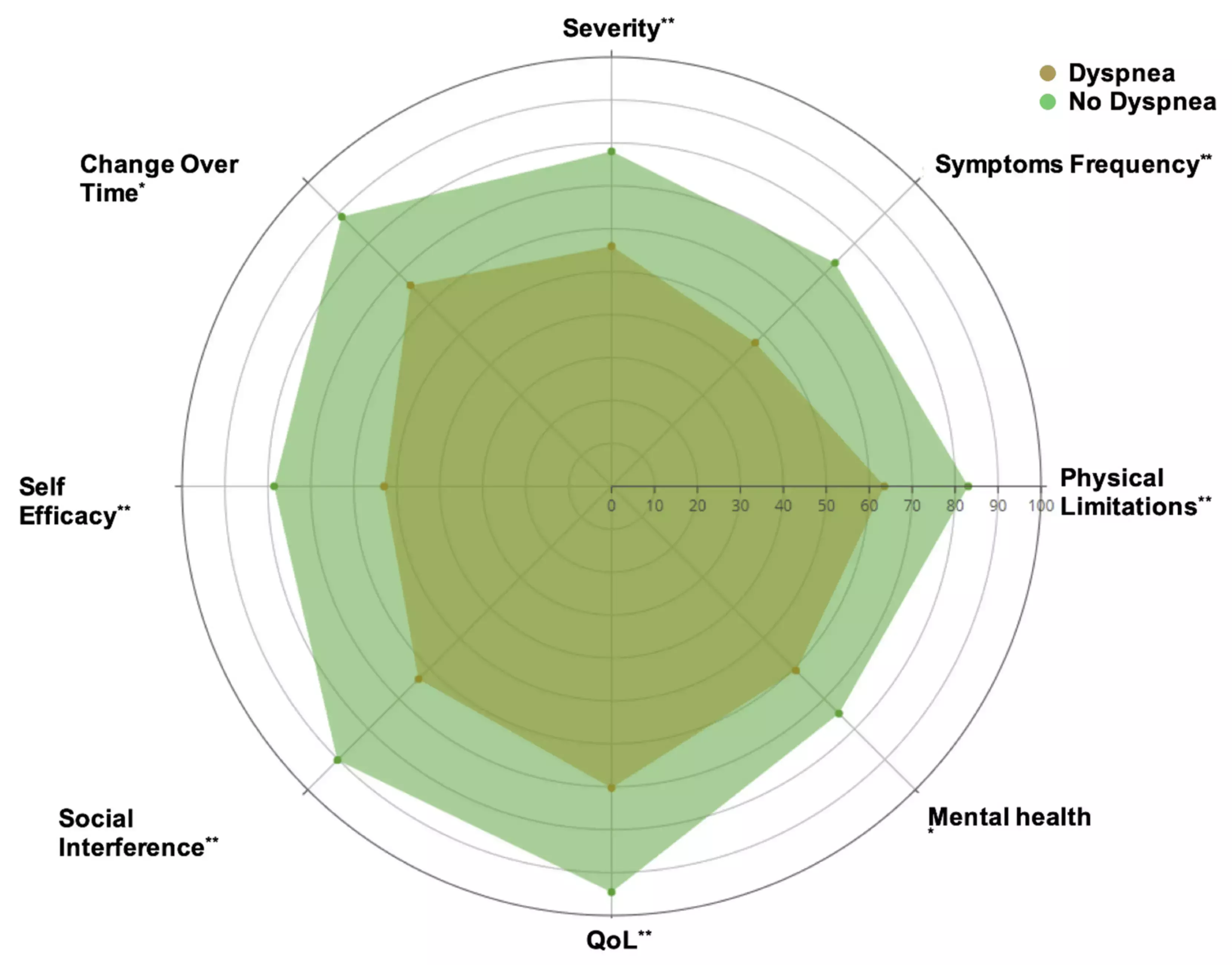- Home
- Medical news & Guidelines
- Anesthesiology
- Cardiology and CTVS
- Critical Care
- Dentistry
- Dermatology
- Diabetes and Endocrinology
- ENT
- Gastroenterology
- Medicine
- Nephrology
- Neurology
- Obstretics-Gynaecology
- Oncology
- Ophthalmology
- Orthopaedics
- Pediatrics-Neonatology
- Psychiatry
- Pulmonology
- Radiology
- Surgery
- Urology
- Laboratory Medicine
- Diet
- Nursing
- Paramedical
- Physiotherapy
- Health news
- Fact Check
- Bone Health Fact Check
- Brain Health Fact Check
- Cancer Related Fact Check
- Child Care Fact Check
- Dental and oral health fact check
- Diabetes and metabolic health fact check
- Diet and Nutrition Fact Check
- Eye and ENT Care Fact Check
- Fitness fact check
- Gut health fact check
- Heart health fact check
- Kidney health fact check
- Medical education fact check
- Men's health fact check
- Respiratory fact check
- Skin and hair care fact check
- Vaccine and Immunization fact check
- Women's health fact check
- AYUSH
- State News
- Andaman and Nicobar Islands
- Andhra Pradesh
- Arunachal Pradesh
- Assam
- Bihar
- Chandigarh
- Chattisgarh
- Dadra and Nagar Haveli
- Daman and Diu
- Delhi
- Goa
- Gujarat
- Haryana
- Himachal Pradesh
- Jammu & Kashmir
- Jharkhand
- Karnataka
- Kerala
- Ladakh
- Lakshadweep
- Madhya Pradesh
- Maharashtra
- Manipur
- Meghalaya
- Mizoram
- Nagaland
- Odisha
- Puducherry
- Punjab
- Rajasthan
- Sikkim
- Tamil Nadu
- Telangana
- Tripura
- Uttar Pradesh
- Uttrakhand
- West Bengal
- Medical Education
- Industry
Persisting exercise ventilatory inefficiency linked to unfavorable CV outcomes in subjects recovering from COVID-19: Study

Persisting exercise ventilatory inefficiency linked to unfavourable CV outcomes in subjects recovering from COVID-19 suggests a study published in the BMC Pulmonary Medicine.
SARS-CoV-2 infection has raised concerns about long-term health repercussions. Exercise ventilatory inefficiency (EVin) has emerged as a notable long-term sequela, potentially impacting respiratory and cardiovascular health. This study aims to assess the long-term presence of EVin after 34 months and its association with cardiorespiratory health in post-COVID patients. In a longitudinal study on 32 selected post-COVID subjects, we performed two cardiopulmonary exercise tests (CPETs) at 6 months (T0) and 34 months (T1) after hospital discharge. The study sought to explore the long-term persistence of EVin and its correlation with respiratory and cardiovascular responses during exercise. Measurements included also V̇O2peak, end-tidal pressure of CO2 (PETCO2) levels, oxygen uptake efficiency slope (OUES) and other cardiorespiratory parameters, with statistical significance set at p < 0.05. The presence of EVin at both T0 and T1 defines a persisting EVin (pEVin).
Results: Out of the cohort, five subjects (16%) have pEVin at 34 months. Subjects with pEVin, compared to those with ventilatory efficiency (Evef) have lower values of PETCO2 throughout exercise, showing hyperventilation. Evef subjects demonstrated selective improvements in DLCO and oxygen pulse, suggesting a recovery in cardiorespiratory function over time. In contrast, those with pEvin did not exhibit these improvements. Notably, significant correlations were found between hyperventilation (measured by PETCO2), oxygen pulse and OUES, indicating the potential prognostic value of OUES and Evin in post-COVID follow-ups. The study highlights the clinical importance of long-term follow-up for post-COVID patients, as a significant group exhibit persistent EVin, which correlates with altered and potentially unfavorable cardiovascular responses to exercise. These findings advocate for the continued investigation into the long-term health impacts of COVID-19, especially regarding persistent ventilatory inefficiencies and their implications on patient health outcomes.
Reference:
Dorelli, G., Sartori, G., Fasoli, G. et al. Persisting exercise ventilatory inefficiency in subjects recovering from COVID-19. Longitudinal data analysis 34 months post-discharge. BMC Pulm Med 24, 258 (2024). https://doi.org/10.1186/s12890-024-03070-1
Dr. Shravani Dali has completed her BDS from Pravara institute of medical sciences, loni. Following which she extensively worked in the healthcare sector for 2+ years. She has been actively involved in writing blogs in field of health and wellness. Currently she is pursuing her Masters of public health-health administration from Tata institute of social sciences. She can be contacted at editorial@medicaldialogues.in.
Dr Kamal Kant Kohli-MBBS, DTCD- a chest specialist with more than 30 years of practice and a flair for writing clinical articles, Dr Kamal Kant Kohli joined Medical Dialogues as a Chief Editor of Medical News. Besides writing articles, as an editor, he proofreads and verifies all the medical content published on Medical Dialogues including those coming from journals, studies,medical conferences,guidelines etc. Email: drkohli@medicaldialogues.in. Contact no. 011-43720751


